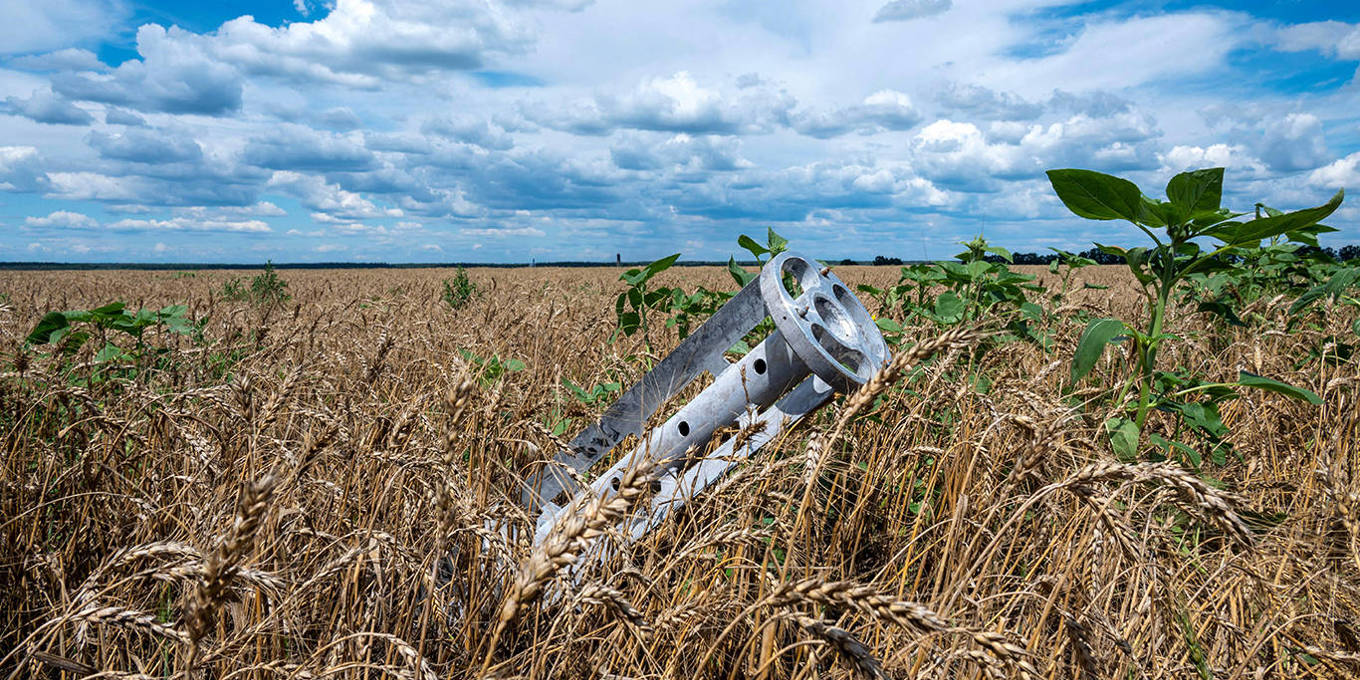The Role of the West in the Global Food Crisis by Ana Palacio
Contrary to Kremlin claims, the West is not responsible for the current food shortages in the developing world. But it has a responsibility to help fix it, rather than leaving these countries to fend for themselves, as it has largely done during the COVID-19 pandemic.
MADRID – Actions speak louder than words. This adage explains why Russian President Vladimir Putin’s description of his brutal and senseless war in Ukraine as a noble fight against Western imperialism comes across as far-fetched. It should also inform Western leaders’ response to the crises that the war has fueled – including the food crisis that threatens vulnerable populations in Africa.
While climate change and the pandemic compromised food security long before Russia invaded Ukraine, the situation is even more serious today, especially in low-income African countries that depend on food imports in from Russia and Ukraine. Globally, 345 million people face acute food insecurity, and hundreds of millions more go to bed hungry every night. As UN Secretary-General António Guterres warned last month, there is a real risk of multiple famines this year.
Lack of access to food exported from Russia and Ukraine is only part of the problem. Fertilizers are essential for growing staple foods such as wheat, maize and rice. And Russia and Ukraine are major producers of fertilizers and suppliers of the raw materials used to make them. Russia’s war, as well as its pressure on natural gas (a key input for fertilizers), has therefore contributed to severe shortages.
To continue reading, register now.
As a registered user, you can enjoy more PS content every month – free.
Register
Where
Subscribe now for unlimited access to everything PS has to offer.
Already have an account? Login


Comments are closed.